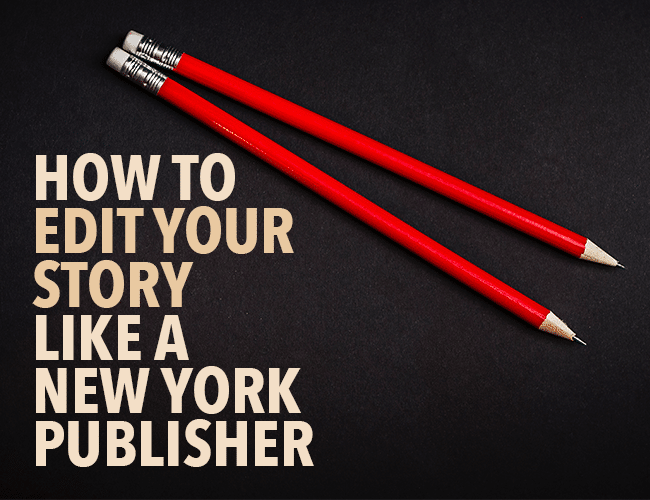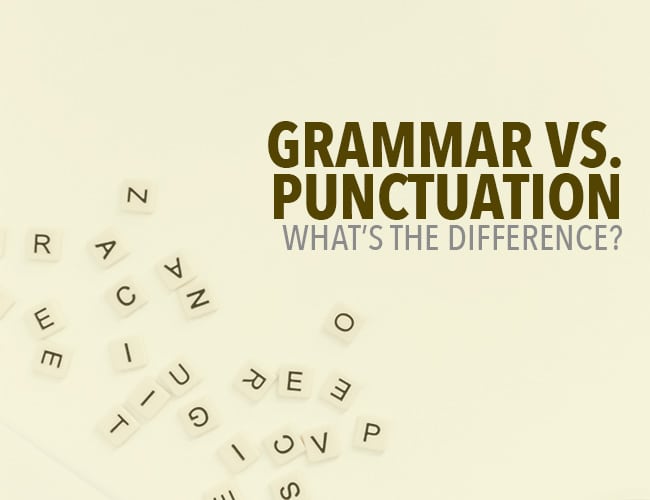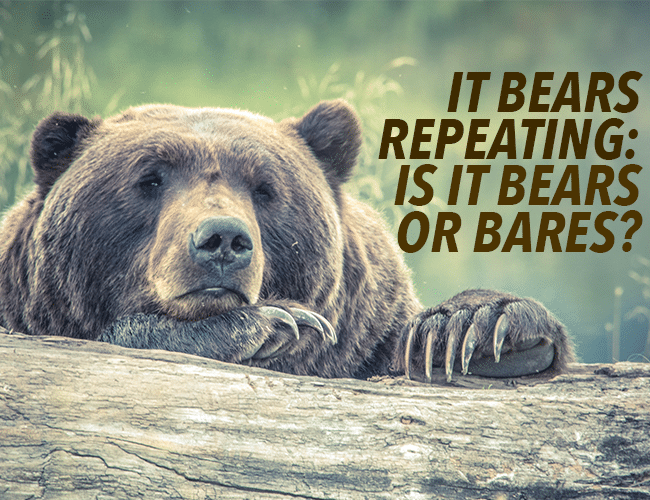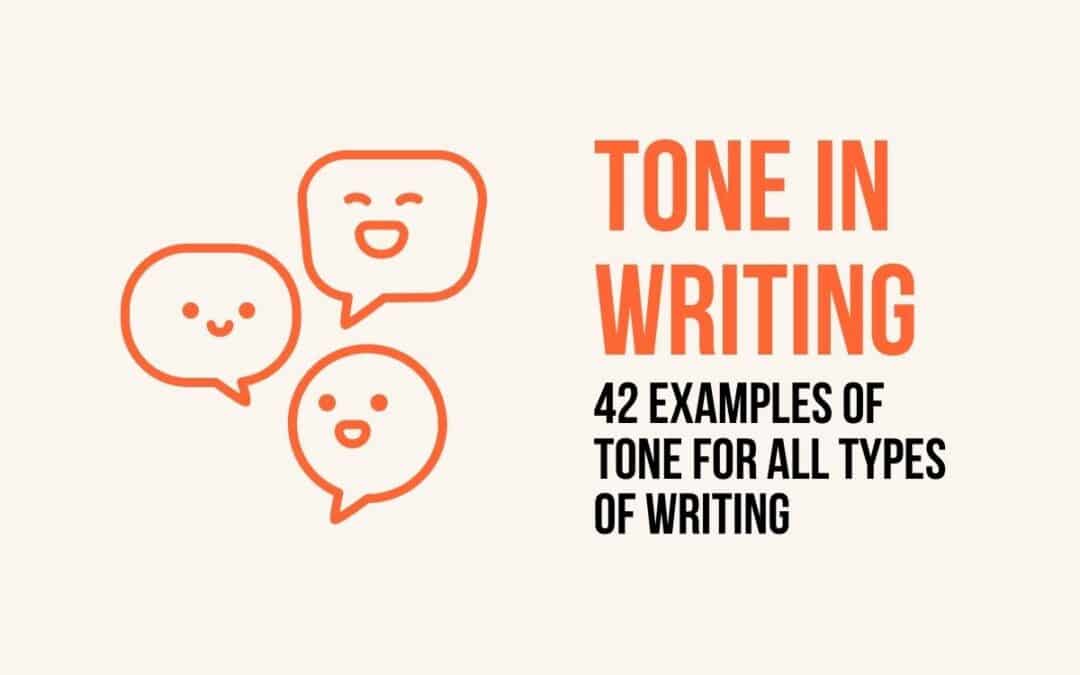
by Sue Weems |
Can book writing software replace an editor? Nope. But it can help you improve your grammar and readability.
You were born to tell stories and share your message with the world. But you sit down to type and something terrible happens. Your fingers misspell things. Verbs switch tenses as you type. Nothing works quite like it did when it was still just a compelling idea in your head.
You reread and catch a few errors, but what if you’ve reached the end of your grammar prowess? Need some book writing software to help improve your writing?

by Pamela Fernuik |
You have finished writing the first draft of your story, a version of your whole story from beginning to end. Now it is time to edit, to revise your words to make your story clear and compelling, so the reader will continue reading after the first sentence.
Editing your story might feel like an impossible task, but when you have a strategy to use, you can be confident you can edit your own story and improve your writing.
Whatever you do, do not skip the important step of editing your first draft. According to David Remnick, the editor of The New Yorker, “Revision is all there is.”

by Alice Sudlow |
What’s the difference between grammar vs punctuation? Why do they matter, or do they matter at all?
And how can you get better at them, even if all the grammar and punctuation rules are a struggle to remember?

by Elizabeth Nettleton |
We live in a world where a freelance editor is just a click away. But how do you know which one is right for you? And what should you expect when you hire one? Today, we’re breaking down the different types of freelance editors, what they actually do, and how to choose the one who will make your fiction and nonfiction books the best they can be.

by Alice Sudlow |
It bears repeating that the English language is full of odd sayings. Never fear, though—we’re here to break them down.
Today, we’re taking on a hairy turn of phrase: “it bears repeating.” Or is it “it bares repeating”?

by Joe Bunting |
Tone in writing refers to both the writer’s feelings and attitude towards the subject and the audience and how those feelings are expressed. Tone is one of the elements of writing, and writers convey their tone through word choice and syntax. Like tone of voice, it helps set the mood of the writing piece and influences the reader interpretation.
Examples of tone can be formal, informal, serious, humorous, sarcastic, optimistic, pessimistic, and many more (click here for all forty-two examples)








